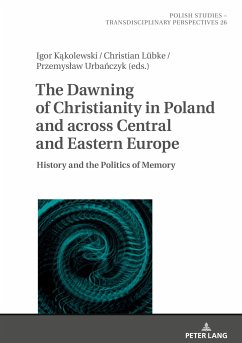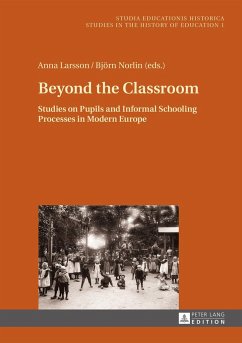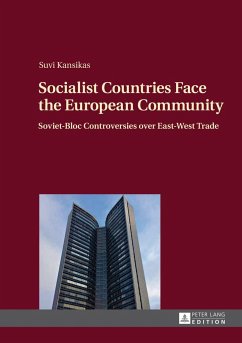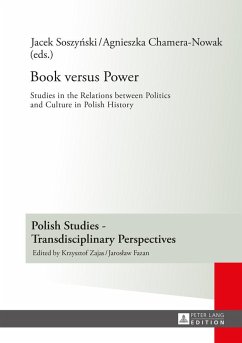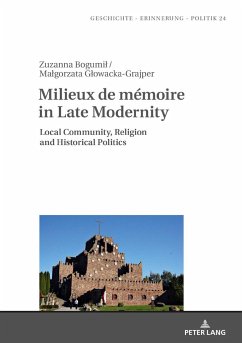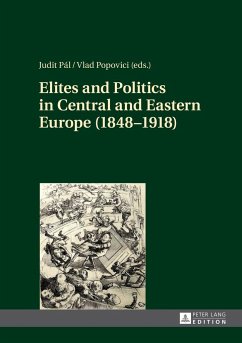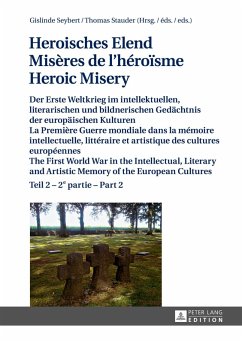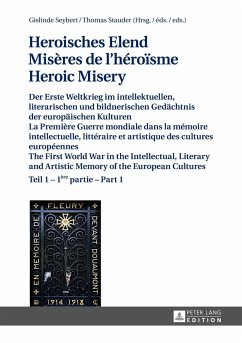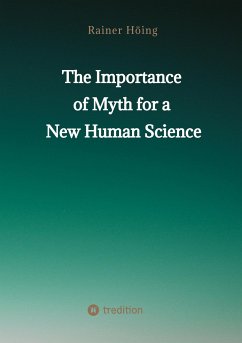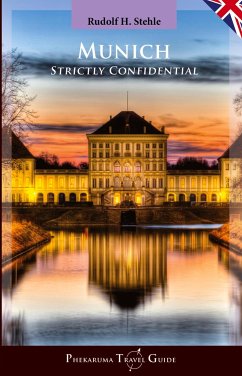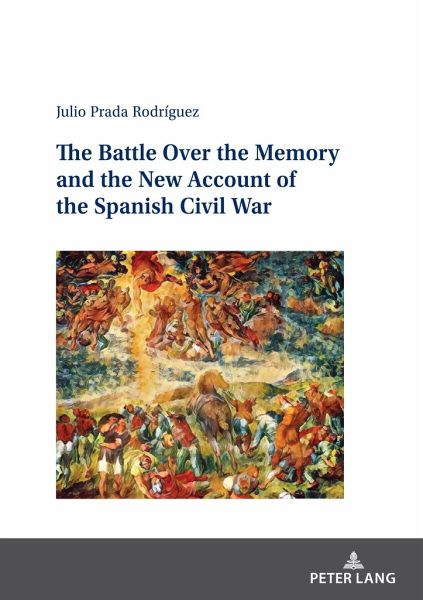
The Battle Over the Memory and the New Account of the Spanish Civil War
Versandkostenfrei!
Versandfertig in 6-10 Tagen
49,95 €
inkl. MwSt.

PAYBACK Punkte
0 °P sammeln!
The emergence of memory and the incorporation of new analytical categories for studying violence have gone a long way to revitalising research on the Spanish Civil War and the Franco regime. However, the obsession with the presentism inherent to the post-truth age poses new unsettling challenges for historians, insofar as they have relinquished their role as custodians of the interpretation of the past. In this book, an analysis is performed on the different times of memory that have elapsed in Spain from 1936 down to the present day, and on the problems posed by the use of concepts linked to ...
The emergence of memory and the incorporation of new analytical categories for studying violence have gone a long way to revitalising research on the Spanish Civil War and the Franco regime. However, the obsession with the presentism inherent to the post-truth age poses new unsettling challenges for historians, insofar as they have relinquished their role as custodians of the interpretation of the past. In this book, an analysis is performed on the different times of memory that have elapsed in Spain from 1936 down to the present day, and on the problems posed by the use of concepts linked to the standardisation of the transitional account of the violence unleashed in the areas under Nationalist and Republican control. Likewise, versus the intention of imposing a sole one-way public narrative of the past, it vindicates a specific space for its historical interpretation, less dependent on the peremptory and fickle demands of the present, as well as the need to construct a new account of Spain's traumatic past that does not imply its dissipation in different forms of cultural memory.





